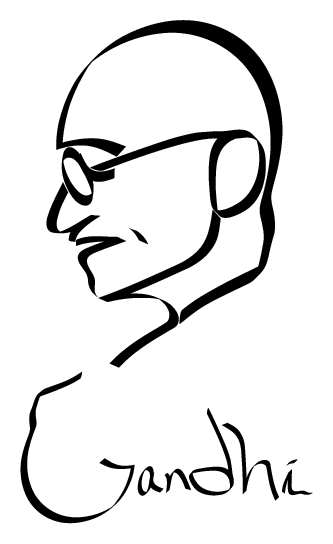 Wall Street never changes, the pockets change, the suckers change, the stocks change, but Wall Street never changes, because human nature never changes.” ~ Jesse Livermore
Wall Street never changes, the pockets change, the suckers change, the stocks change, but Wall Street never changes, because human nature never changes.” ~ Jesse Livermore
“Wealth and rank are what people desire, but unless they are obtained in the right way they may not be possessed.” ~ Confucius
“Man has the power to act as his own destroyer—and that is the way he has acted through most of his history.” ~ Ayn Rand
“It is no measure of health to be well adjusted to a profoundly sick society.” ~ Jiddu Krishnamurti
“Men in the game are blind to what men looking on see clearly.” ~ Chinese Proverb
“The most exquisite paradox… as soon as you give it all up, you can have it all. As long as you want power, you can’t have it. The minute you don’t want power, you’ll have more than you ever dreamed possible.” ~ Ram Dass
“If thou wilt make a man happy, add not unto his riches but take away from his desires.” ~ Epicurus
“Most of the time common stocks are subject to irrational and excessive price fluctuations in both directions as the consequence of the ingrained tendency of most people to speculate or gamble… to give way to hope, fear and greed.” ~ Benjamin Graham
“The investor’s chief problem – and even his worst enemy – is likely to be himself.” ~ Benjamin Graham
“The ignorant mind, with its infinite afflictions, passions, and evils, is rooted in the three poisons. Greed, anger, and delusion.” Bodhidharma
“Money is only a tool. It will take you wherever you wish, but it will not replace you as the driver.” ~ Ayn Rand
“Money often costs too much.” Ralph Waldo Emerson
Personally, I believe it to be futile to fight greed — something that is ingrained in human nature. We can only acknowledge greed’s existence, choose our own behaviors as individuals, and react to its occurrence — it can not be prevented. Greed will simply manifest into a different form.

 Mahatma Gandhi figures among the top three most admired leaders of the world, said a global survey of CEOs conducted by accountancy firm PwC.
Mahatma Gandhi figures among the top three most admired leaders of the world, said a global survey of CEOs conducted by accountancy firm PwC.
